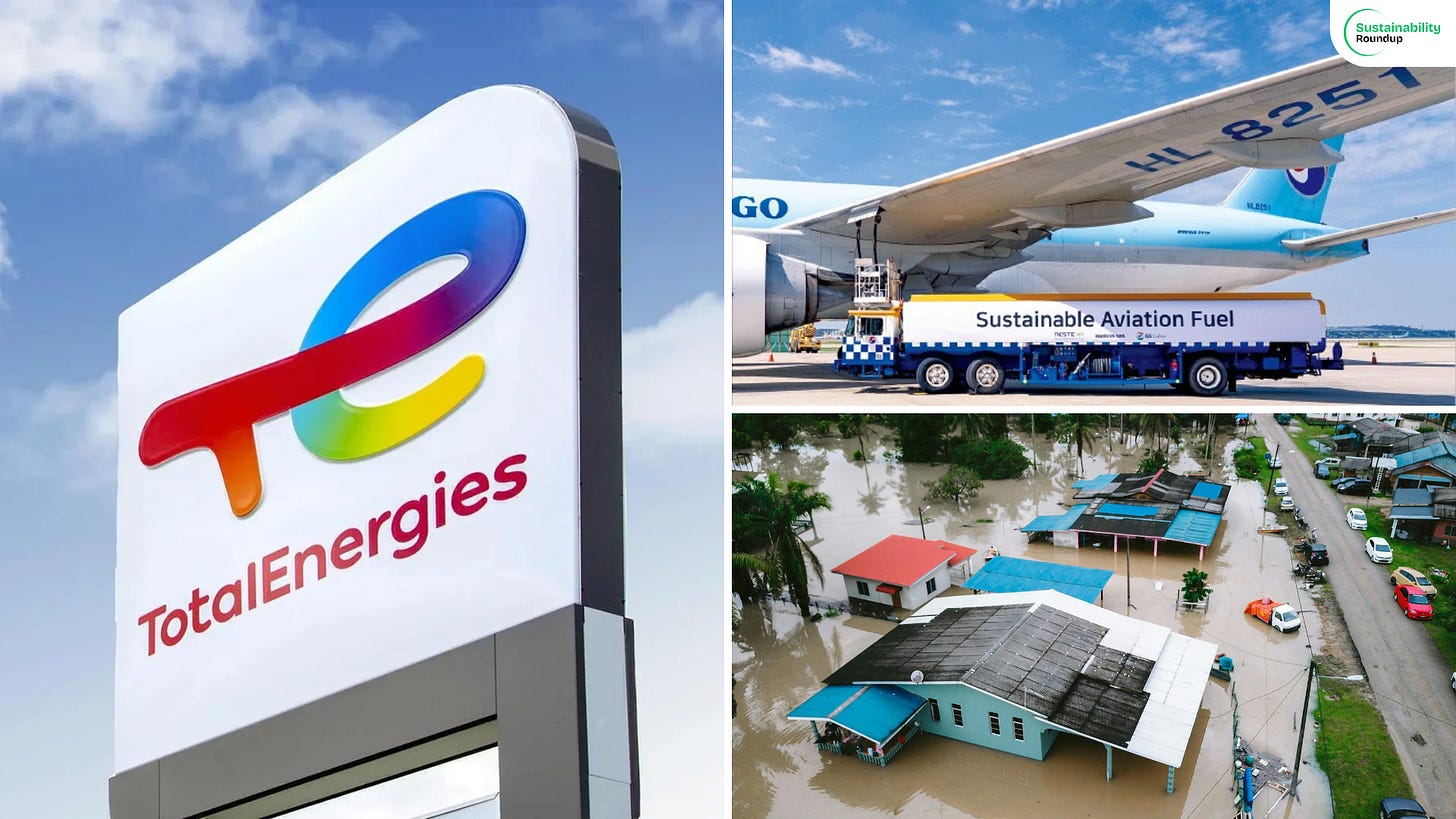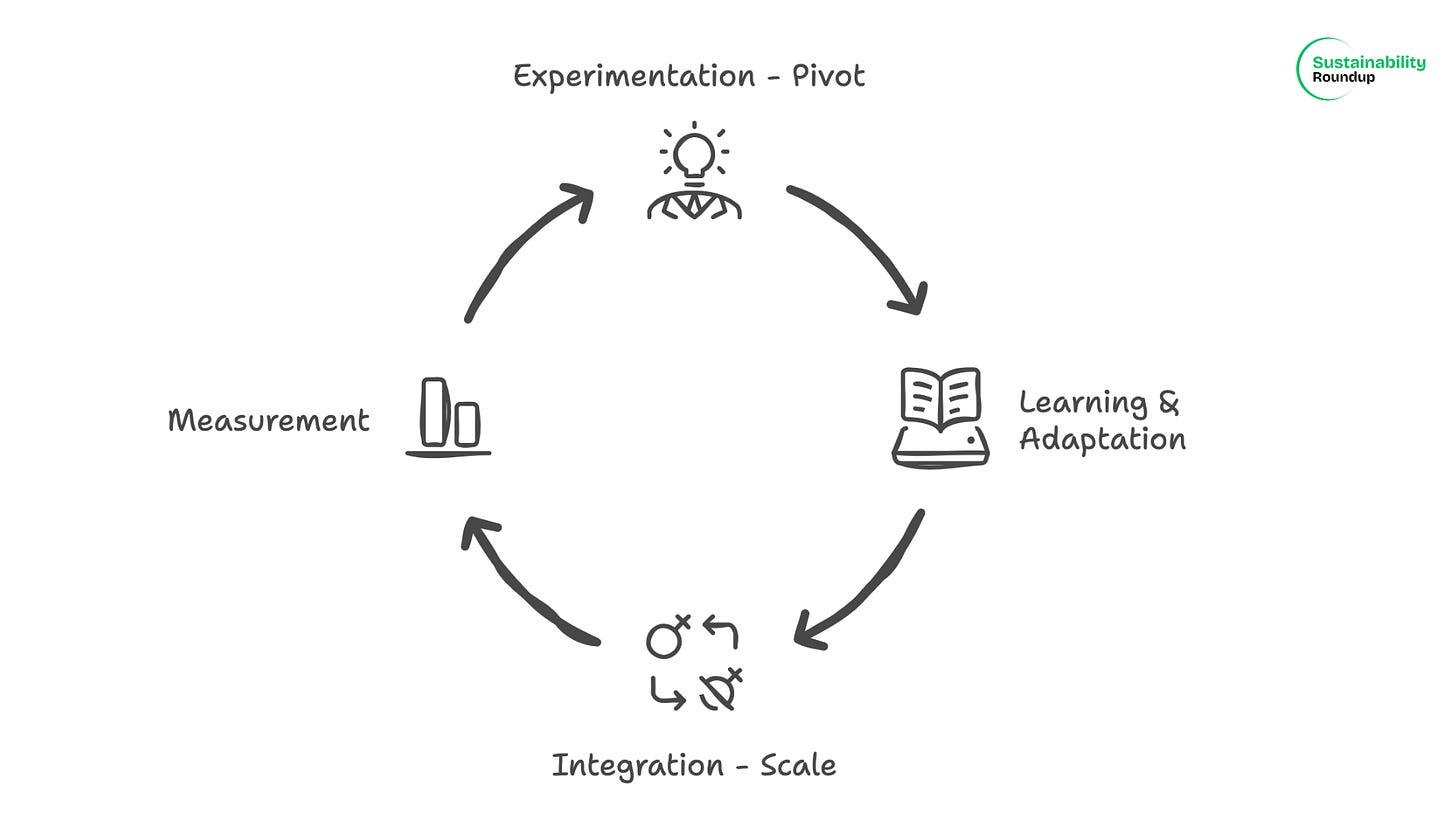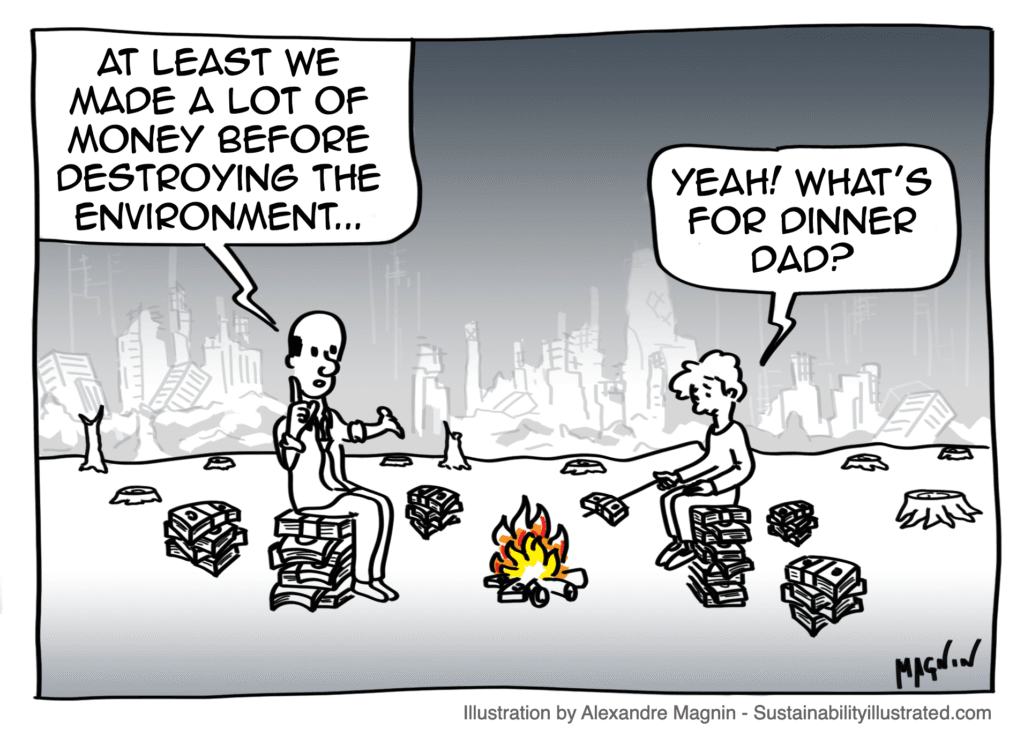South Korea Mandates Sustainable Aviation Fuel ✈️
Issue #12 of Top Picks in Strategy and Sustainability.
Hi there! 🌍
This week’s Sustainability Roundup captures the mounting urgency of climate-driven economic risks amid strong policy shifts and corporate resistance. From China’s escalating $30.5 billion disaster losses demanding resilient adaptation, to Europe’s heated debate over corporate sustainability mandates facing dilution under business pressure, and to South Korea’s bold aviation fuel mandate accelerating decarbonization.
Read how these narratives illustrate a global sustainability landscape fraught with tension between regulatory ambition, operational realities, and strategic innovation.⚡
1. Siemens, TotalEnergies and 44 Corporate Giants Push Back Against EU Climate Law. 🏢⚡
A coalition of 46 major corporations, including Siemens and TotalEnergies, has urged the EU to withdraw its Corporate Sustainability Due Diligence Directive, warning it could undermine competitiveness and drive investment away from Europe. The move reflects a growing friction between regulatory ambition and industrial pragmatism as global firms seek flexibility amid tightening climate governance. This corporate resistance could reshape how sustainability is legislated, exposing the political limits of green policymaking when growth and compliance collide.
2. S. Korea to Mandate Sustainable Aviation Fuel by 2027 in a Global First. 🌱 ✈️
South Korea will require all international flights departing from its airports to use sustainable aviation fuel starting in 2027, marking Asia’s most ambitious step toward aviation decarbonization. The policy is designed to accelerate innovation in cleaner fuel technologies and reinforce the country’s 2050 net-zero agenda. While this could trigger a wave of SAF investment across the region, it also exposes the high-stakes challenge of scaling production and maintaining competitiveness in one of the world’s most cost-sensitive industries.
3. China Reports $30.5 Billion Losses from Natural Disasters in 2025. 🌊
In the first three quarters of 2025, China suffered economic losses of approximately $30.5 billion due to natural disasters, which impacted 530,000 hectares of agricultural land and caused extensive damage across multiple sectors. These climate-driven extreme weather events underscore the urgent need for accelerated climate resilience and adaptation strategies by governments and businesses to mitigate rising financial and operational risks.
The Pivot & Scale Loop is a strategic framework that helps organizations embed sustainability into their core operations by turning experimentation into scalable business advantage. It starts with the pivot phase, where managers test new sustainability initiatives in controlled, low-risk environments. This could include piloting reusable packaging, exploring energy-efficient production technologies, or trialing alternative supply chain models. The goal is to learn what works, measure impact, and adjust quickly without exposing the broader business to undue risk. 🔄
Once a model proves viable, the scale phase integrates it into core operations, aligning sustainability with procurement, production, and product design. This ensures that successful initiatives become standard practice rather than isolated experiments, allowing the business to capture both sustainable impact and strategic advantage. By repeating this cycle, sustainability remains dynamic and adaptable to market, technological, and regulatory changes. 📈
Managers can apply this approach by identifying small-scale pilots that test both business and environmental outcomes, measuring results rigorously, and then expanding proven solutions across the organization. This transforms sustainability from a compliance activity into a driver of operational efficiency, innovation, and competitive positioning. ⚡
A 2023 study on circular startups highlights that firms achieving scale often begin by simultaneously testing business viability and sustainability impact, ensuring both dimensions are validated before expansion. Read more here.
Sustainability is deeply embedded in culture, shaping behaviors more than formal strategies. For a sustainable attitude to thrive, organizations must embed stakeholder engagement at the core of their approach engaging employees, investors, customers, and communities to co-own sustainability objectives. 👥🌍
Listen to Michele Gelfand talk about how culture intelligence and strategy must balance tight norms with flexibility for effective leadership. 💼
Results from our last poll show near-universal rejection of exporting plastic waste. Most respondents agree: “Manage at home,” with only a few supporting any form of transfer or oversight. Read our last issue here.
Missed our recent issues? Catch up anytime by reading our full archive here 📖.
That’s it for today’s roundup! We’ll see you next Thursday with another set of inspiring sustainability news and updates. Until then, take a moment to reflect on how you can adopt one new sustainable practice this week. Every small step counts! 🌍✨
Have any thoughts or a sustainable practice you'd like to share? Share your feedback here.
Together, we can make a difference. See you in the next edition of the Sustainability Roundup!








